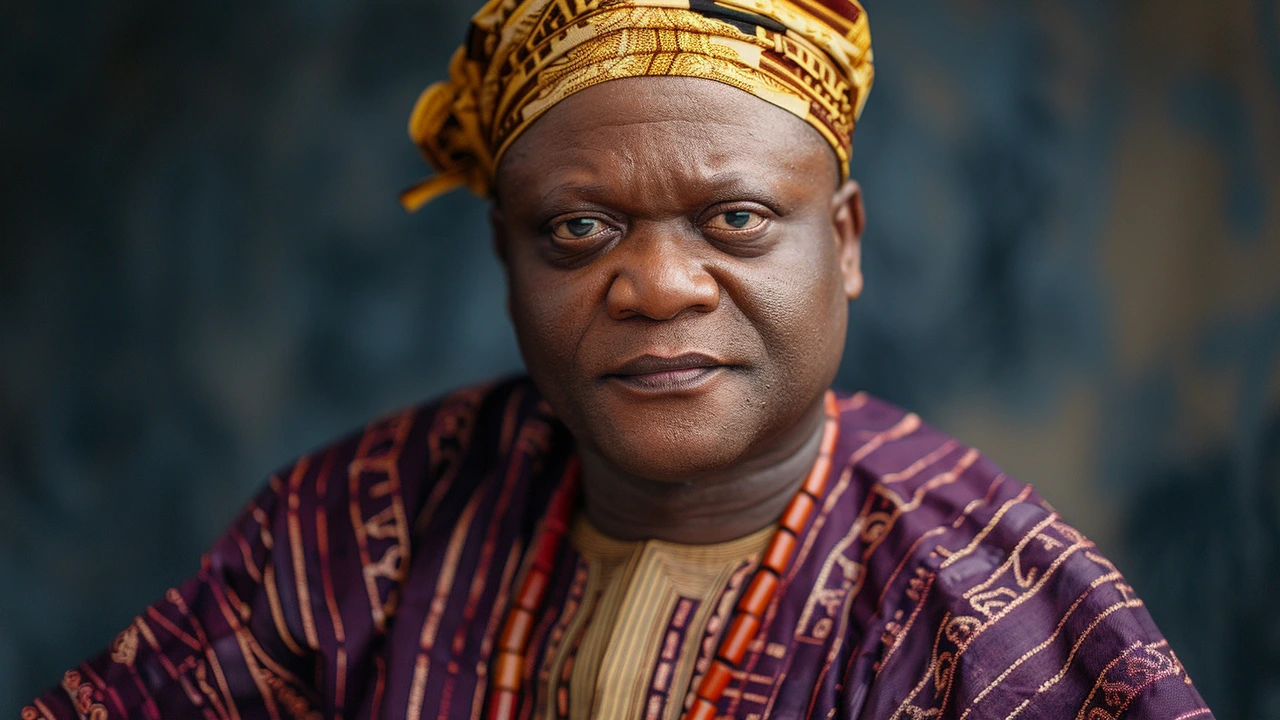Crisis Under Tinubu: Rising Extortion and Poverty Sparks Outcry in Nigeria

Introduction to the Turmoils in Nigeria's Political and Economic Landscapes
Nigeria, Africa's most populous nation and one of its largest economies, is currently grappling with an array of socioeconomic issues under the administration of President Bola Tinubu. Babatunde Olarewaju, a seasoned public health expert and a prominent member of the People's Democratic Party (PDP) in Lagos, has voiced significant concerns about the dire situation that has unfolded since the new administration took office. His observations and criticisms shed light on the broader context of political and economic tensions that are disrupting the lives of millions of Nigerians.
The Accusations Made by Babatunde Olarewaju
According to Olarewaju, the Tinubu administration has failed to address the fundamental needs of the Nigerian populace effectively. The government's policies have allegedly led to increased extortion and escalated poverty levels across the country. These claims are serious, as they suggest a government-led aggravation of the already challenging living conditions faced by ordinary Nigerians. The criticism extends to the PDP's leadership in Lagos State, where Olarewaju accuses them of engaging in superficial reconciliatory efforts that do not tackle the root causes of the state's challenges.
Economic Challenges: Inflation and Currency Devaluation
One of the critical aspects under scrutiny is the management of Nigeria's economy, particularly the issues of soaring inflation and the devaluation of the Naira. Under President Tinubu's watch, the country has seen its currency weaken, thereby increasing the cost of living and making basic necessities unaffordable for many. This financial downturn is coupled with high rates of inflation, which continues to erode the purchasing power of Nigerians, making daily survival increasingly difficult.
Internal Rifts within the People's Democratic Party
The internal politics of the PDP also appear to be a contributing factor to the unstable political climate. Olarewaju expressed his disappointment with the PDP's National Executive Committee for not adequately addressing internal conflicts, specifically the issues involving Nyesom Wike and the national chairman's continued tenure. Such political discord within one of Nigeria's major opposition parties could potentially weaken its ability to serve as a significant check on the ruling party's powers.
Hope Amidst Despair: The Upcoming Gubernatorial Elections
Despite the grim situation, Olarewaju remains hopeful regarding the PDP's prospects in the upcoming gubernatorial elections in states like Ondo and Edo. He attributes this optimism to the people's strong desire for change and improvement in governance. This indicates a possible shift in political loyalties and a search for alternatives that could better address the public's needs. As Nigeria continues to navigate through these turbulent times, the outcomes of these elections could be indicative of the people's trust in the PDP's ability to steer the state toward a more prosperous direction.
Conclusion
The challenges posed by President Tinubu's administration highlight significant issues concerning governance, economic strategies, and party politics in Nigeria. Olarewaju's critique reflects a larger sentiment of dissatisfaction and the urgent need for substantial political and economic reforms. The road ahead for Nigeria is fraught with challenges, yet it remains to be seen how the country's leadership will address the growing concerns of extortion, poverty, and internal political strife to pave the way for a more stable and prosperous Nigeria.